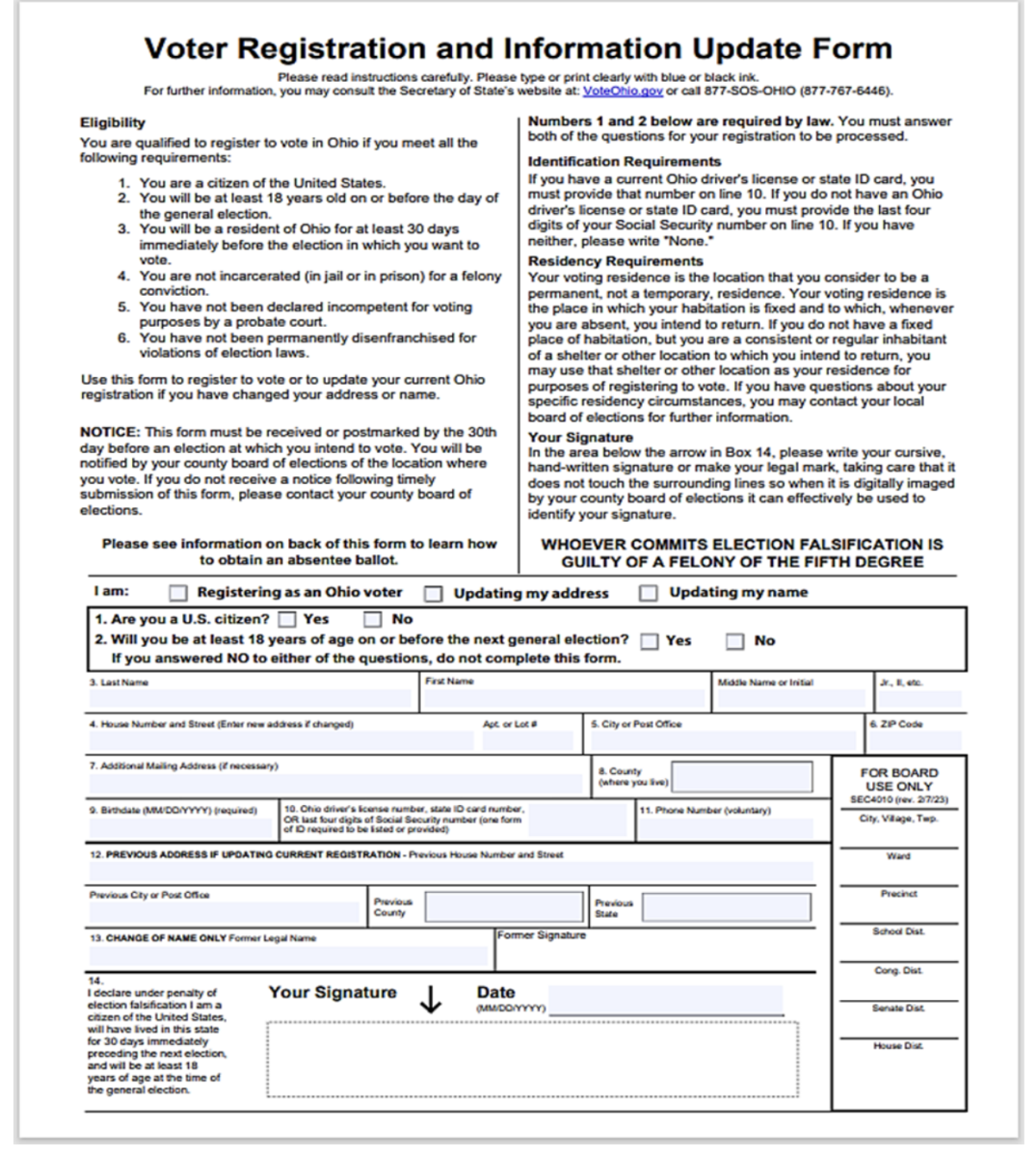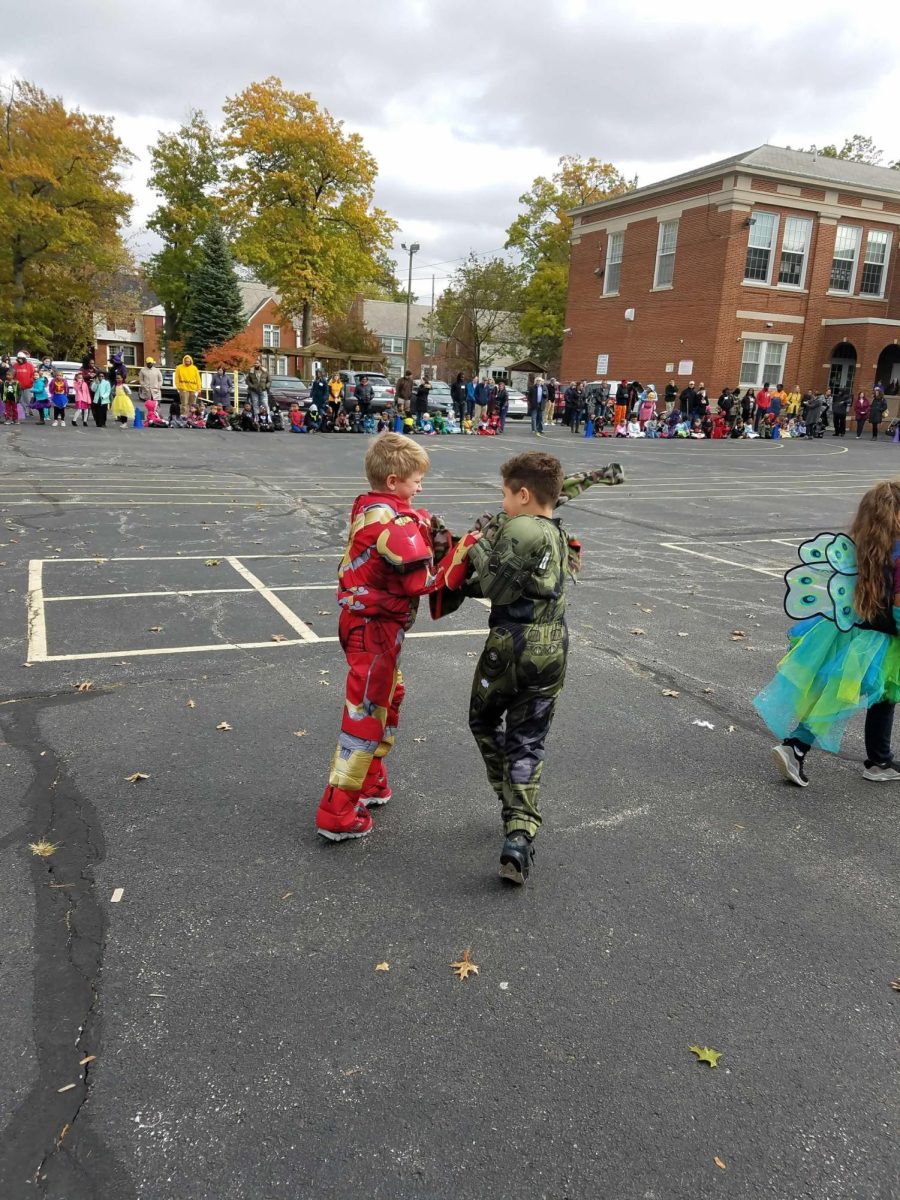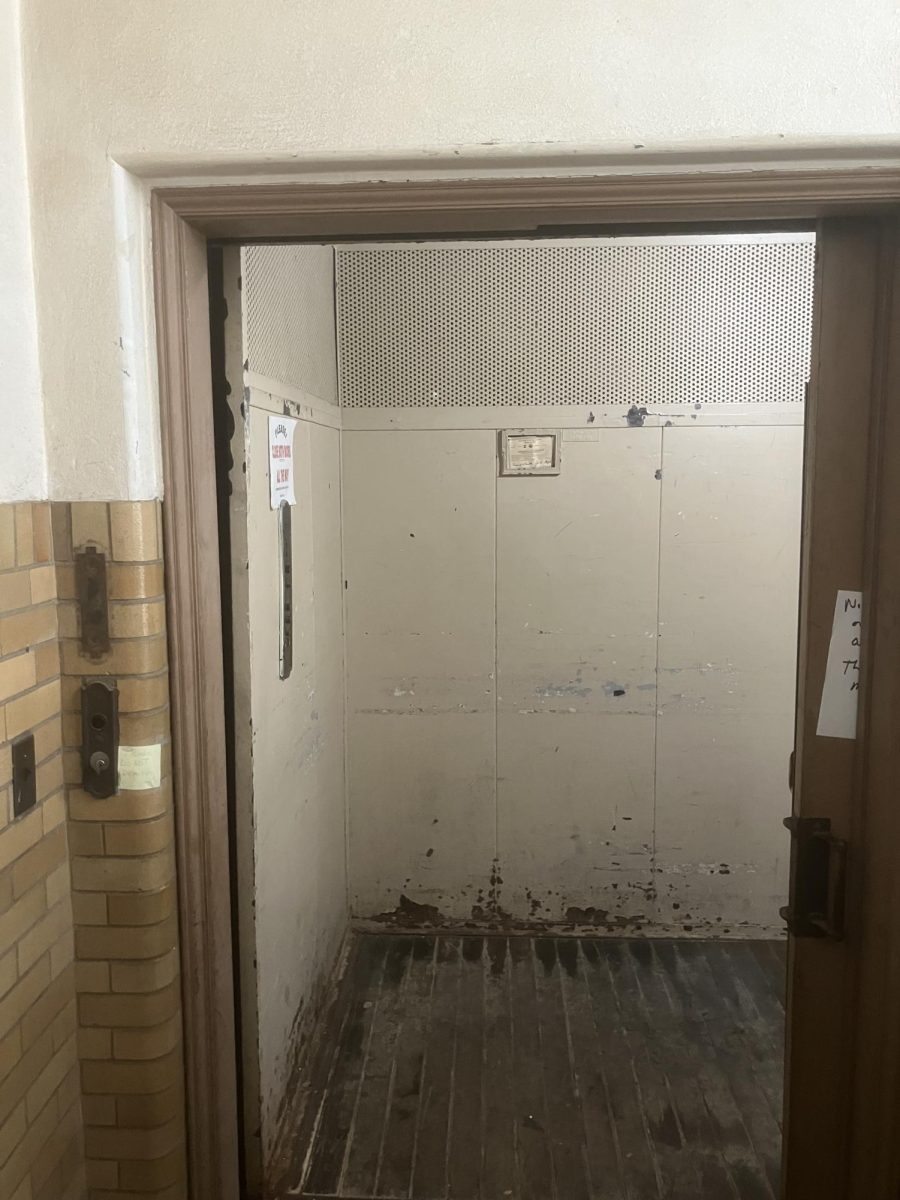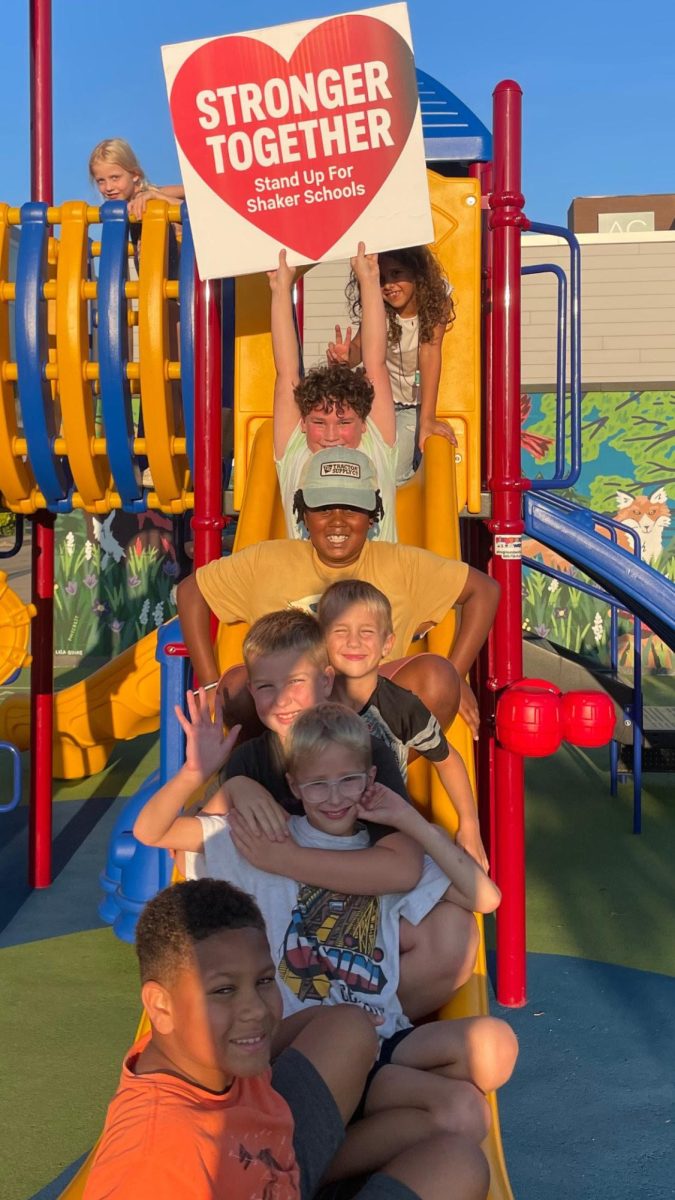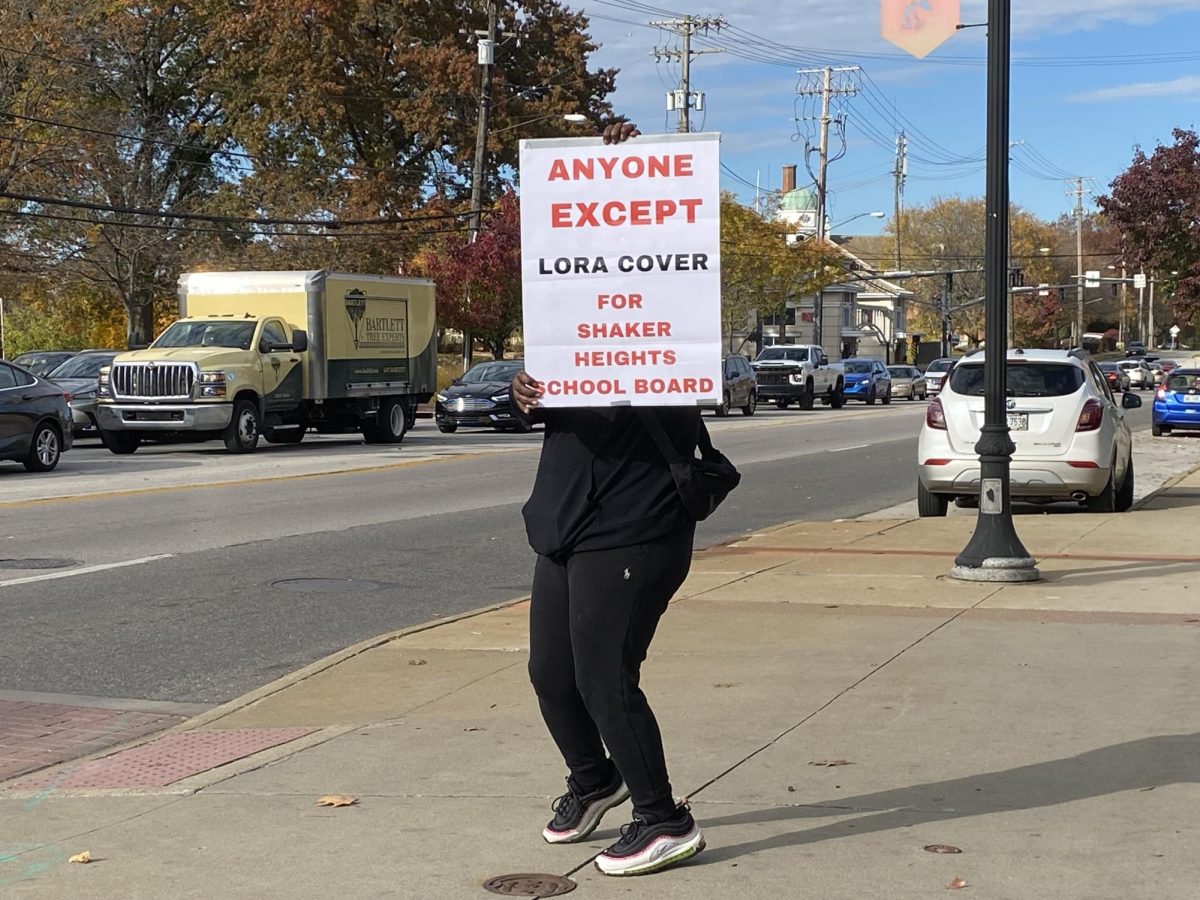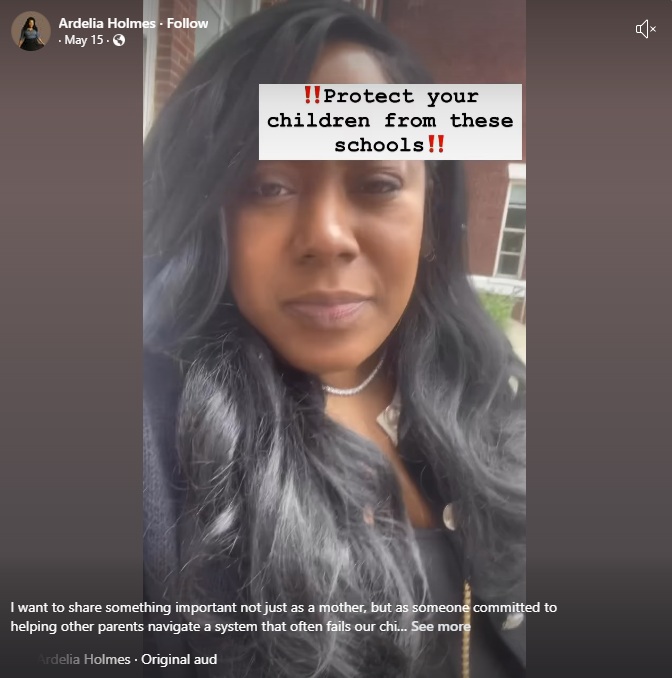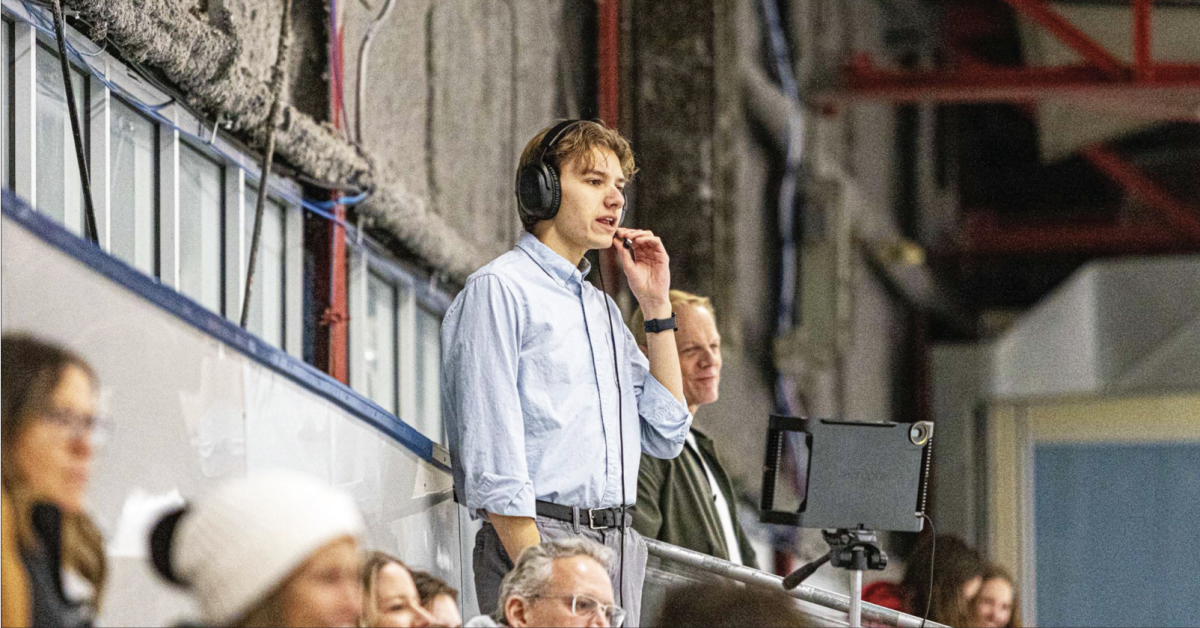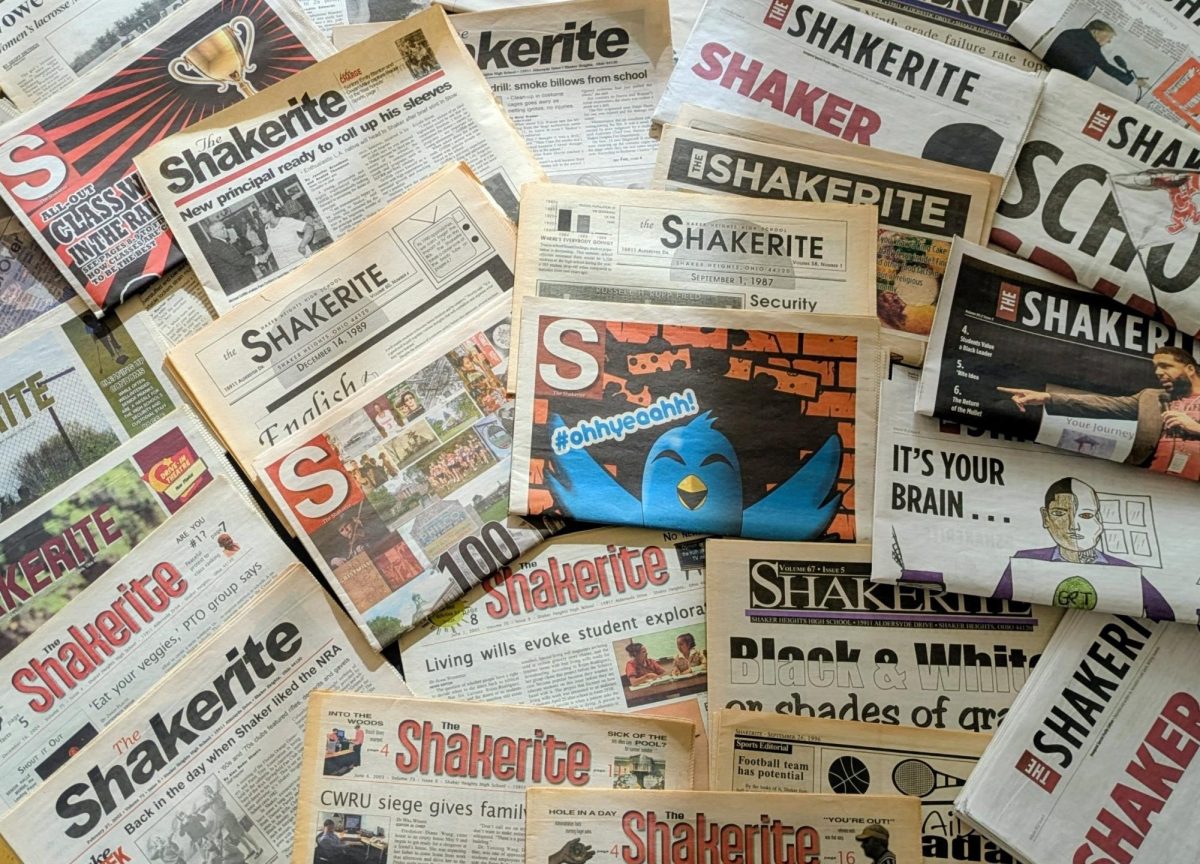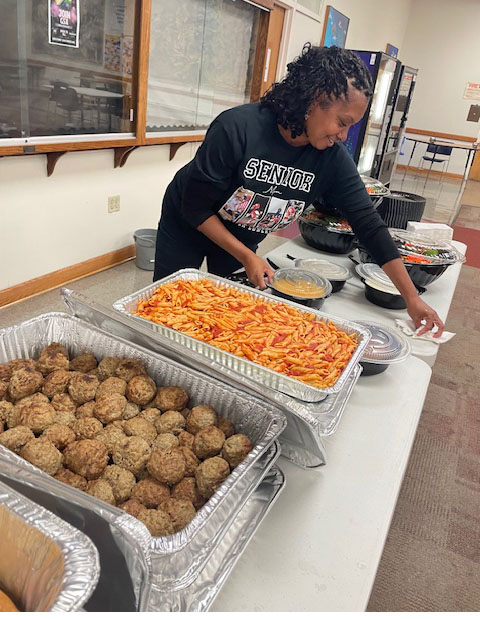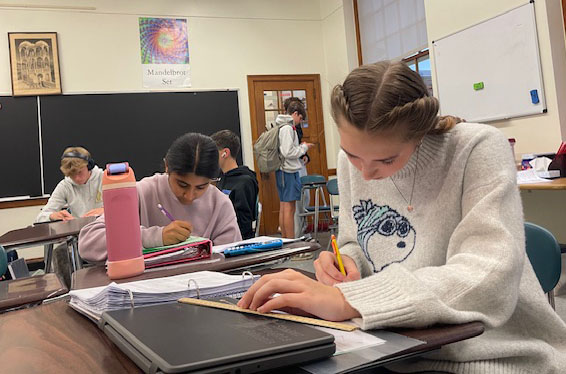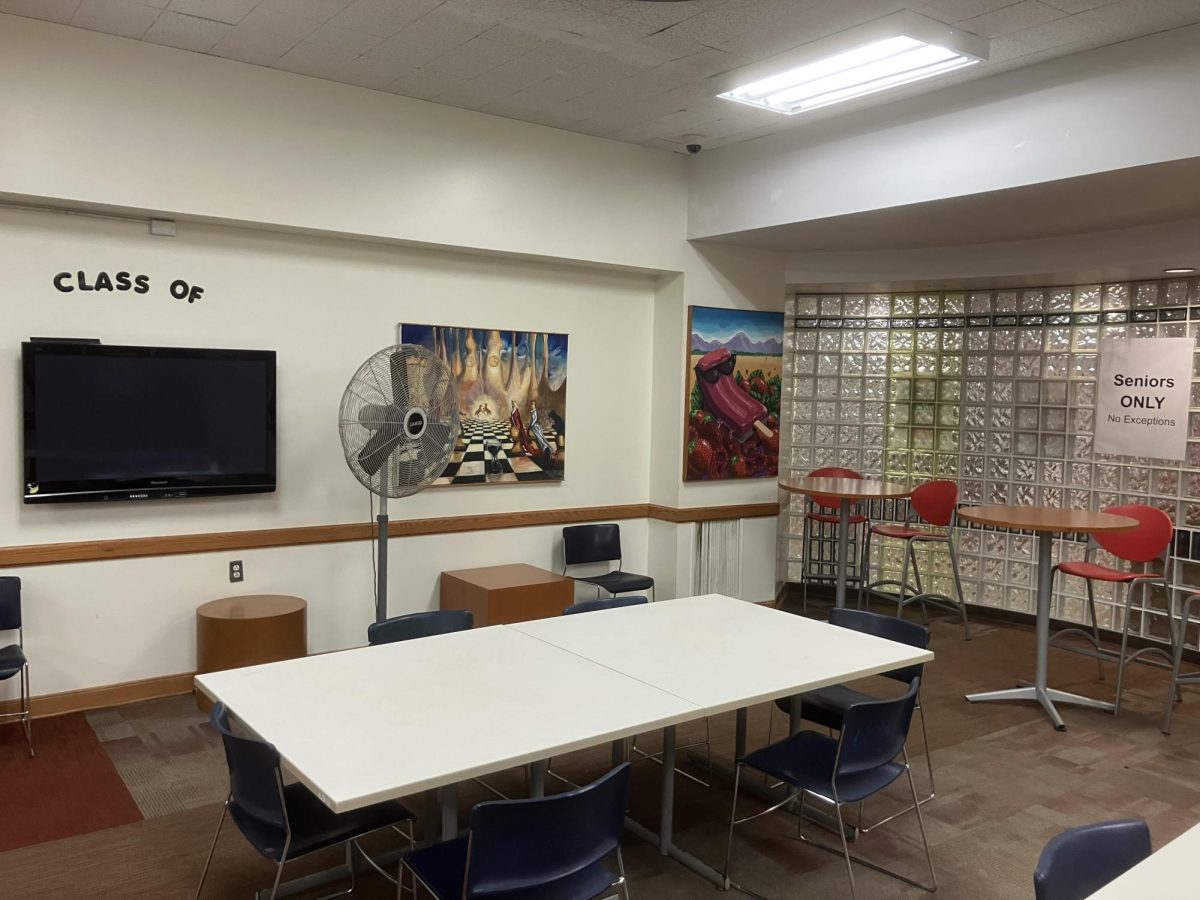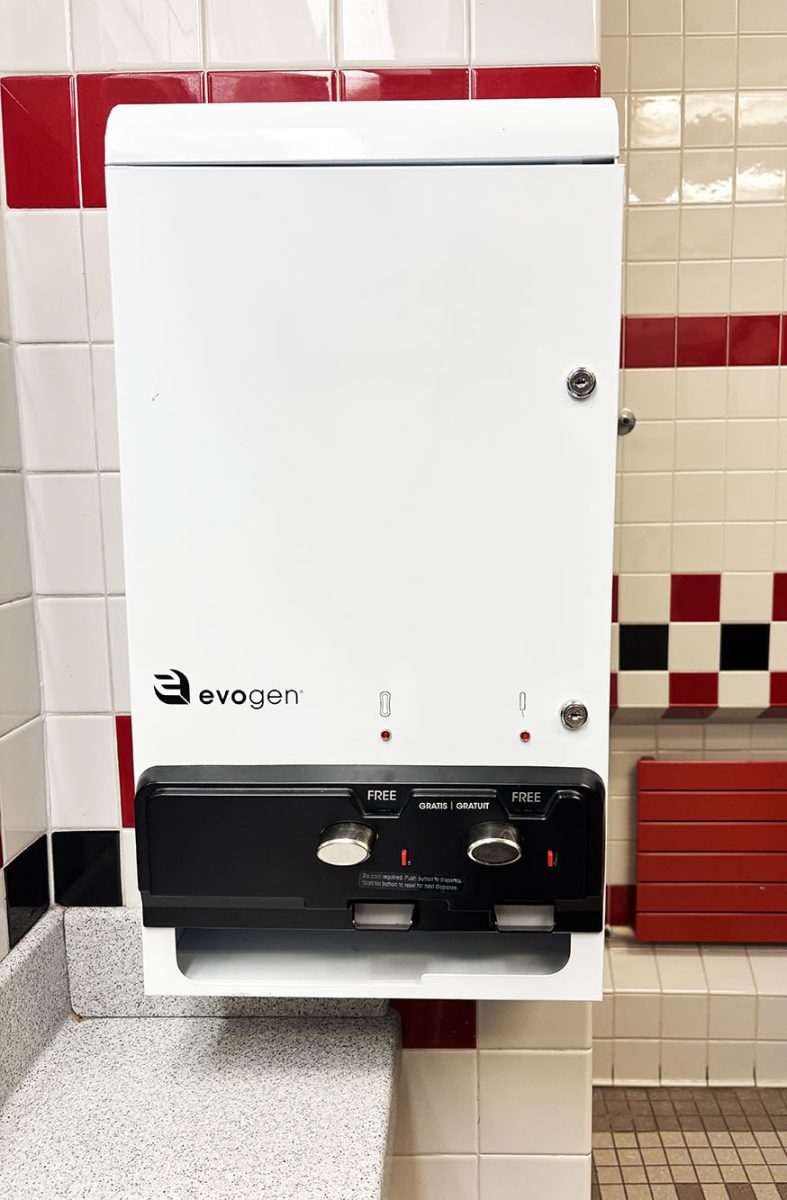Growing up in a politically engaged community such as Shaker Heights has influenced senior Ezra Ellenbogen’s attitude about voting.
“You have a lot of motivation already to register and vote,” said Ellenbogen, because the high school “instills the concept of civil duty, especially in classes like American Government and Theory of Knowledge.”
“I think my motivation also comes from that and from the fact that Ohio is historically a very swing state,” Ellenbogen said.
Bells are ringing at Shaker Heights ballot locations today in recognition of first-time voters. Most voting-eligible seniors interviewed said that they would vote in today’s presidential election and not abstain, and that they believed the same was true for their peers.
Senior Nate Milgram said his decision to vote was influenced by his family. “I think my parents have always taught me it’s important; once you have the ability to cast a vote, you’re a real part of decision making in the country,” he said.
“I’m voting because my whole family votes, and they encouraged me to vote as well,” senior Wyatt Roth said.
“I’m voting because I think this election is important because the country is too evenly split,” said senior Rye Thornton-Taylor. “I’ve definitely been influenced by my family and social media, because I feel like they both encourage me to go out and vote to support people’s rights, and my family has always encouraged me to be proactive in politics.”
Government teacher Kimberly Owens said that while the overall percentage of young Americans registering to vote is very low, the high school’s voter registration process makes it easy for students to do. “I think Shaker does a phenomenal job. I might be tooting my own horn here because we register all students that are seniors in Gov class,” Owens said.
Seniors who are eligible to vote can register through government class any time prior to the registration deadline. Students who are not old enough to register for a particular November election can still be registered after the election so they can vote in subsequent elections. “We also bring in the League of Women Voters to do a voter registration drive as well. We provide ample opportunities for students to register to vote here,” Owens said.
Milgram said, “I think the voting registration process wasn’t challenging. I think it was pretty easy.”
Senior Braden White said that “the voter registration process was pretty easy, I did it in my class with Ms. Owens. I filled out a sheet of paper and turned it in, and she handled the rest.”
Once registered, making informed voting choices is important. “I believe it’s important to do my own research because I think confirmation bias is a real thing, so I can see all sides and make sure that I’m not being influenced,” White said.
“I did my own research and watched the debates. I try to watch everything that I can,” Roth said.
Milgram said that he also watched the presidential and vice presidential debates and did research by consuming bipartisan media.
Students also learn about politics and government through classes. “That’s one reason why I like to have Government as a capstone course for senior year — because you’re learning about how it works, where you stand, how to discern this information, and then you can go out and immediately use it,” Owens said.
Young voters today have more exposure to politics than in previous generations because of social media. “I think what social medias done is made it more relevant to them, and I think it’s also made it more accessible in a format that they use on a daily basis as opposed to listening in the car, when my parents are driving, or trying to read a newspaper, or something like that,” Owens said.
Milgram said that presidential campaign ads have adapted to social media. “I think they’re not only targeted on TV to the middle-aged and older people of the population, but now to the younger people, and they are certain to appear on apps that are primarily used by teens or young adults as a way to reach out. I think it’s definitely more versatile. I remember when I was very young seeing presidential campaigns on billboards or TV and really nothing else other than that.”
Ellenbogen said that a social media presence is “attracting a lot of younger voters who are raised in this social media generation and they have literacy relating to social media. They’re able to digest things way easier if they’re in a TikTok format than any other format, so it’s become a way of reaching the new generation.”
Social media includes political misinformation promoted by candidates, their campaigns and supporters and foreign powers that want to influence American elections. Owens said that younger generations are better equipped to detect it. “I think young people, particularly high school seniors, are actually able to decipher that information better than even adults or those that are in their 30s and 40s and higher,” said Owens, “just because you guys grew up with the warning of ‘This could have misinformation or disinformation,’ whereas if someone said it on the news, that was a factual thing.”
Owens said that if young people began to vote and take political action, they could make a huge impact. She said that young voter turnout is “hugely important because it takes awhile for laws to be made, and it takes awhile for precedents to be set. If you’re voting now, that’s gonna have an influence for many years to come down the road by the time some of that legislation is put into action.
If you look at who actually votes and you look at the legislation that Congress focuses on, there’s a correlation there,” Owens said. “If young people were more likely to turnout to vote, then maybe Congress would be looking more at concerns relative to young people.”
Milgram said that 18-21 year olds have a voice and that every one of their votes counts. “There’s a huge number of them, so if they’re not voting, that’s thousands and thousands of votes that were not cast and opinions that were not shared. I think my vote is going to make an impact because you can always lose by one vote, or two votes, or however many,” he said.
Senior Maddy Kuta said that political participation in the form of voting is extremely important. “Voting is a privilege not a right,” she said. “We are very fortunate to live in a country where we are able to vote and contribute to all of the important policies and decisions that our political leaders make. As an American citizen it is my privilege, and I am so fortunate to be able to vote. Therefore, I am going to. It is an obligation because I have the power to make changes and I’m going to make it happen.”

